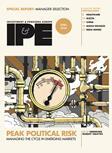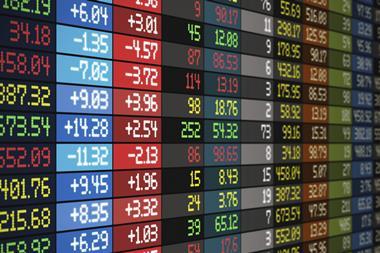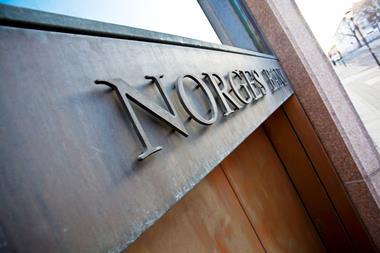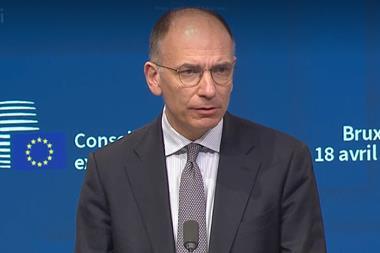Geroa Pentsioak EPSV, the multi-sector pension fund for workers in Gipuzkoa, a province in Spain’s Basque Country, has announced a return of 9.39% for calendar 2014 on its €1.53bn-worth investment portfolio.
This takes the average annual return since the fund’s inception in 1996 to 6.59%.
Geroa Pentsioak is a unique concept in Spain, providing supplementary pension cover for medium and low-paid workers, rather than for those with higher incomes.
Its investment policy is to generate a return 2-3 percentage points above Spanish inflation.
To preserve capital, fixed income dominates its investment portfolio, with a 62% allocation as at end-2014, while 29% was in equities.
Within the fixed income allocation, Spanish government bonds made up 8.9% of the total portfolio, with 4.6% in bonds issued by the Basque government, and 3.2% by the Italian government.
Stable returns are achieved by investing in international markets. At end-2014, 81% of the portfolio was invested in the EU, with 3% in the US.
Volatility in investment returns during 2014 was 4.9%.
However, there was also an emphasis on investing in the local economy. Investments in the Basque Country and Navarra form 14% of the total portfolio.
This includes 2.8% invested in Orza, an asset manager set up to invest in Basque businesses, in which Geroa has a 50% stake.
The 9.39% return for 2014 compares with 14.07% for the previous year.
While attributing most of the return to the “very positive” growth in profitability of fixed income assets, the fund’s annual report said: “The evolution of equity has also been positive, though very unequal between countries and sector.”
Turning to the investment outlook for the rest of 2015, the report said the success of the European Central Bank’s quantitative easing programme would be key in relation to the definitive end of the crisis in the euro-zone.
But it warned that social and political risks were also important, with a number of elections this year and a rise in support for euro-sceptic parties.
As for the domestic economy, in 2014, the Spanish government announced a demand stimulus programme to offset falling exports.
The report said: “The Spanish situation, according to the financial markets, is clearly positive, as internal demand compensates for less dynamism in the external sector.
“During 2015, Spain could be the euro-zone country that grows the most. However, it has important imbalances in labour creation and public debt.”


















No comments yet